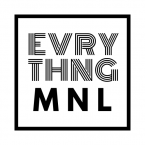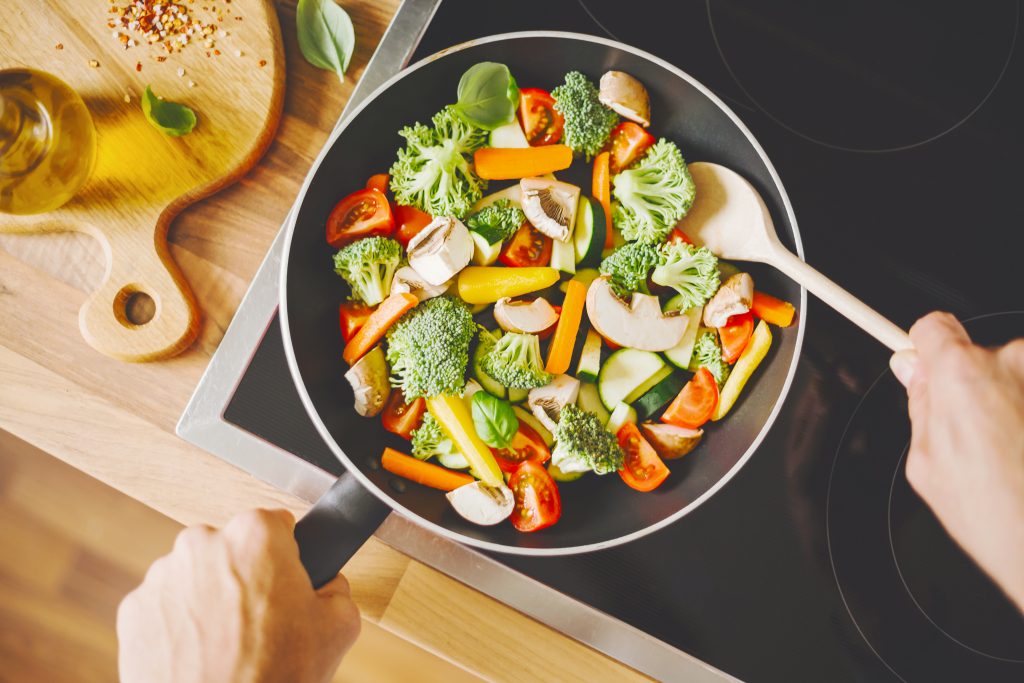All vegans are vegetarians but not all vegetarians are vegans. Are you still with me? This one sounds confusing but it is simply a matter of how those two words are spelled and pronounced. As far as we know, vegetarians and vegans don’t consume meat products and rely solely on vegetables and fruits as their source of nutrients. Well, that statement is both correct and wrong. The thing is, there is more to these diets than we actually think and know.
Now, this discussion can spark interest and questions from all you beautiful readers out there. So, don’t just skip yet! Get to know everything there is to the vegetarian and vegan diet.
Vegetarianism Overview
Vegetarianism is a diet observed by people who does not eat products or byproducts of animals. These includes avoiding meat (beef, pork, lamb and mutton, etc), poultry (chicken, turkey, geese, ducks), and fish and shellfish. Vegetarians does not also entertain insects, rennet, gelatin, any animal protein, and stock or fats from animal slaughter on their plates.
However, it is acceptable for our friends doing this diet to consume byproducts that are not from animal slaughter. These may include eggs, dairy products (milk, cheese, yogurt), and honey.
Types of Vegetarianism
There are several types of vegetarian diet based on the kind of food that you allow yourself to take in. Let us take a look at them one by one.
Lacto – Vegetarian
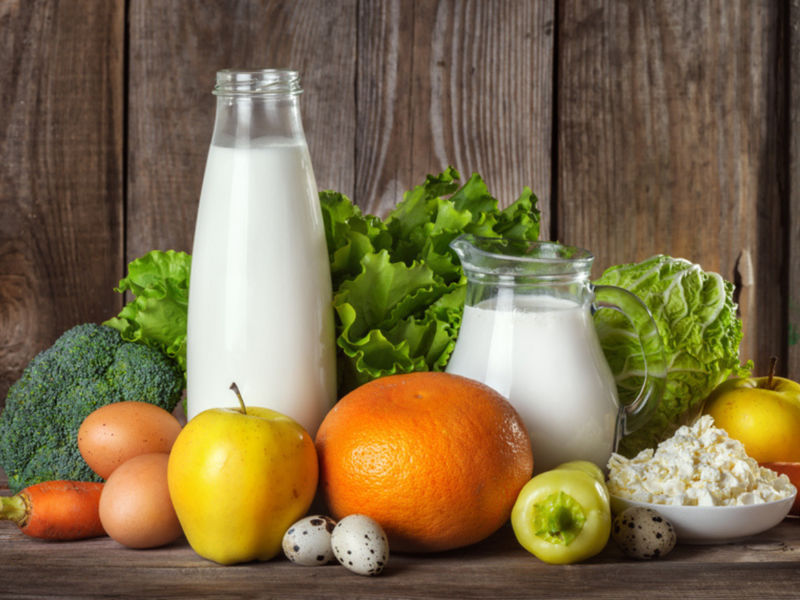
Lacto vegetarians avoid the consumption of red and white meat, fish and shellfish, and eggs. However, they eat dairy products such as cheese, milk, yogurt, and butter. So, you can have as many scoops of ice cream as you can with this diet. Although you don’t have to restrict yourself with dairy, consuming too much can make you bloated or constipated. Take it easy, ‘aight?
Ovo – Vegetarian
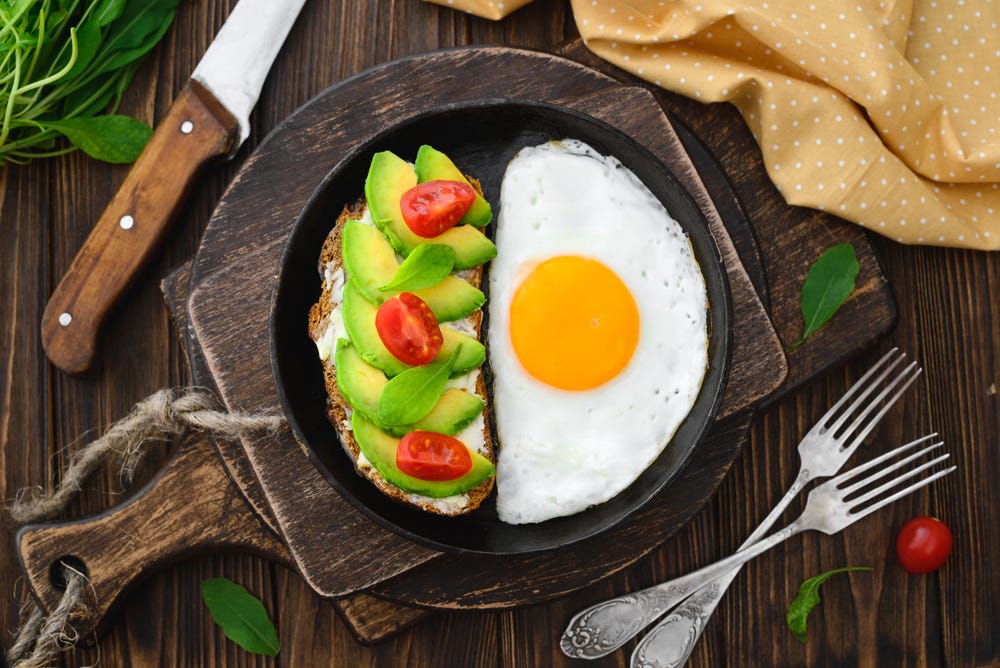
This diet excludes red and white meat, fish and shellfish, and dairy products. But, eggs are very much welcome on this one. If you are the type who cannot live without scrambled eggs in the morning, being an ovo – vegetarian might suit you best. All kinds of egg are allowed but if you can have your hands on the organic ones, then it’s better. Organic eggs are known to have zero or less exposure to pesticides and antibiotics which make them healthier. Did I forget to say that they also taste as good as the white ones? Yes, they do.
Lacto – Ovo – Vegetarian
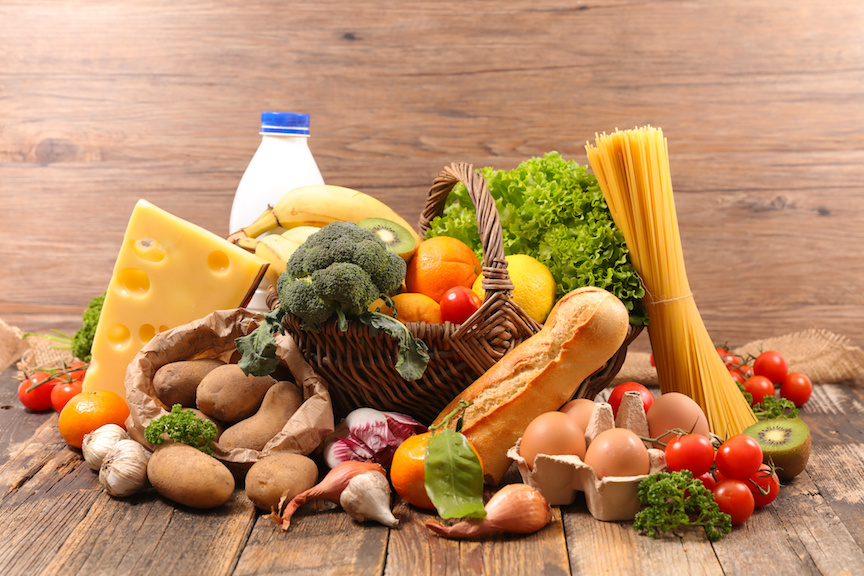
People on this diet can take in red and white meat, fish and shellfish, dairy products, and eggs. No wonder that many vegetarians preferred this one because it has the less restrictions compared to its brothers and sisters.
Pescatarian (Pescetarian)
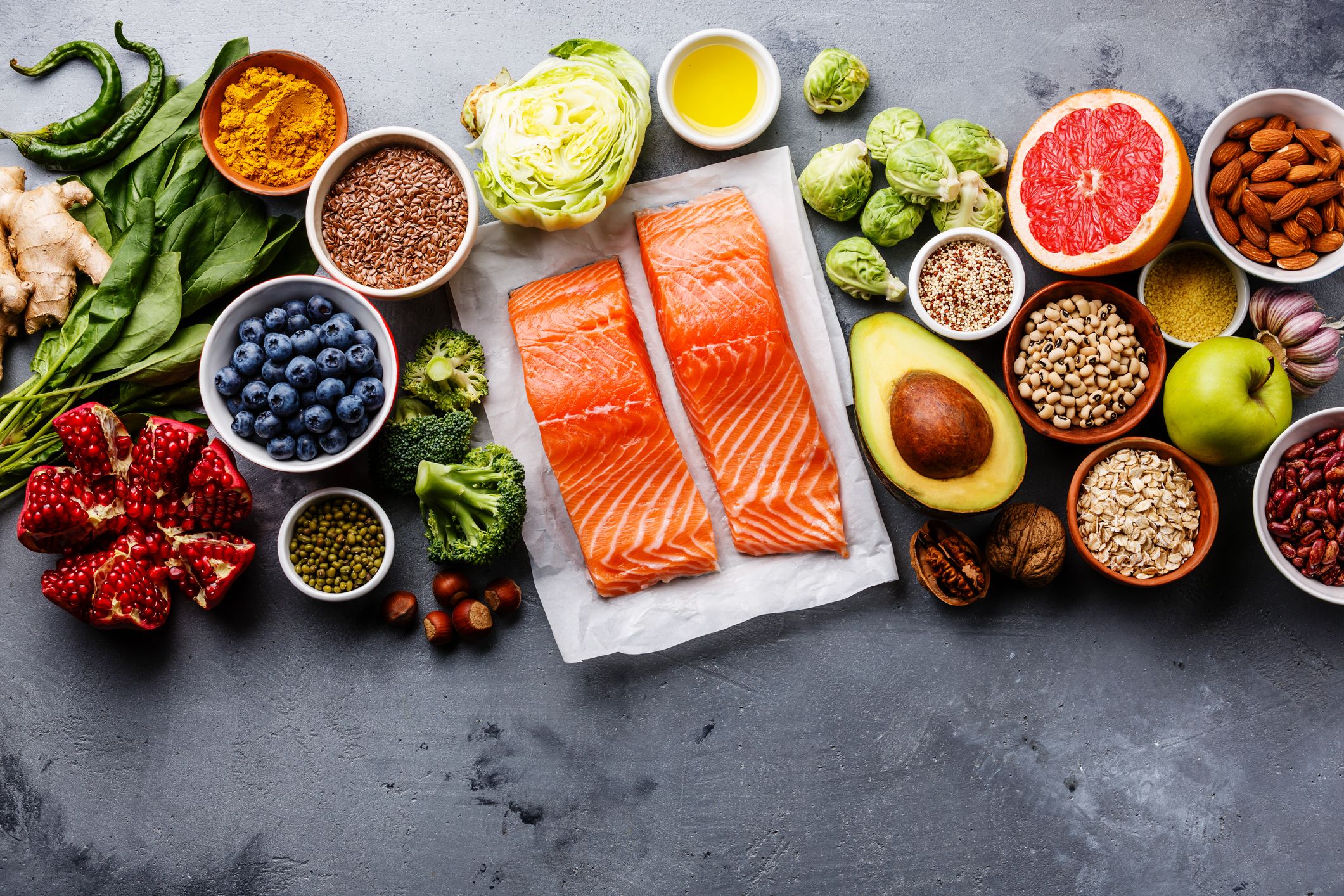
Individuals who follow this diet are not really considered 100% vegetarians. They are on the “semi-vegetarian” or “flexitarian” side. Pescatarians do not eat red and white meat but they do get their protein from fish or shellfish. They also put an “x” mark on eggs and dairy products.
Pollotarian
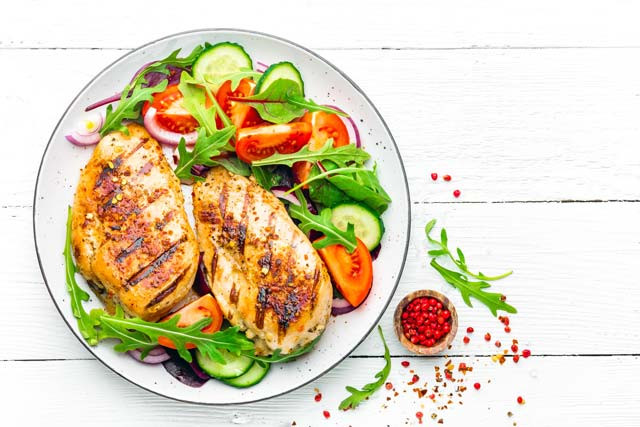
Just like Pescatarian, this diet is not entirely part of the vegetarian squad. Pollotarians do not eat red meat, fish, and shellfish but consumes poultry and fowl. Some also like to include dairy products and egg depending on their mood. Pollotarians have several reasons on doing this diet but mostly do so because of the effects on health and environment that red meat brings.
Flexitarian
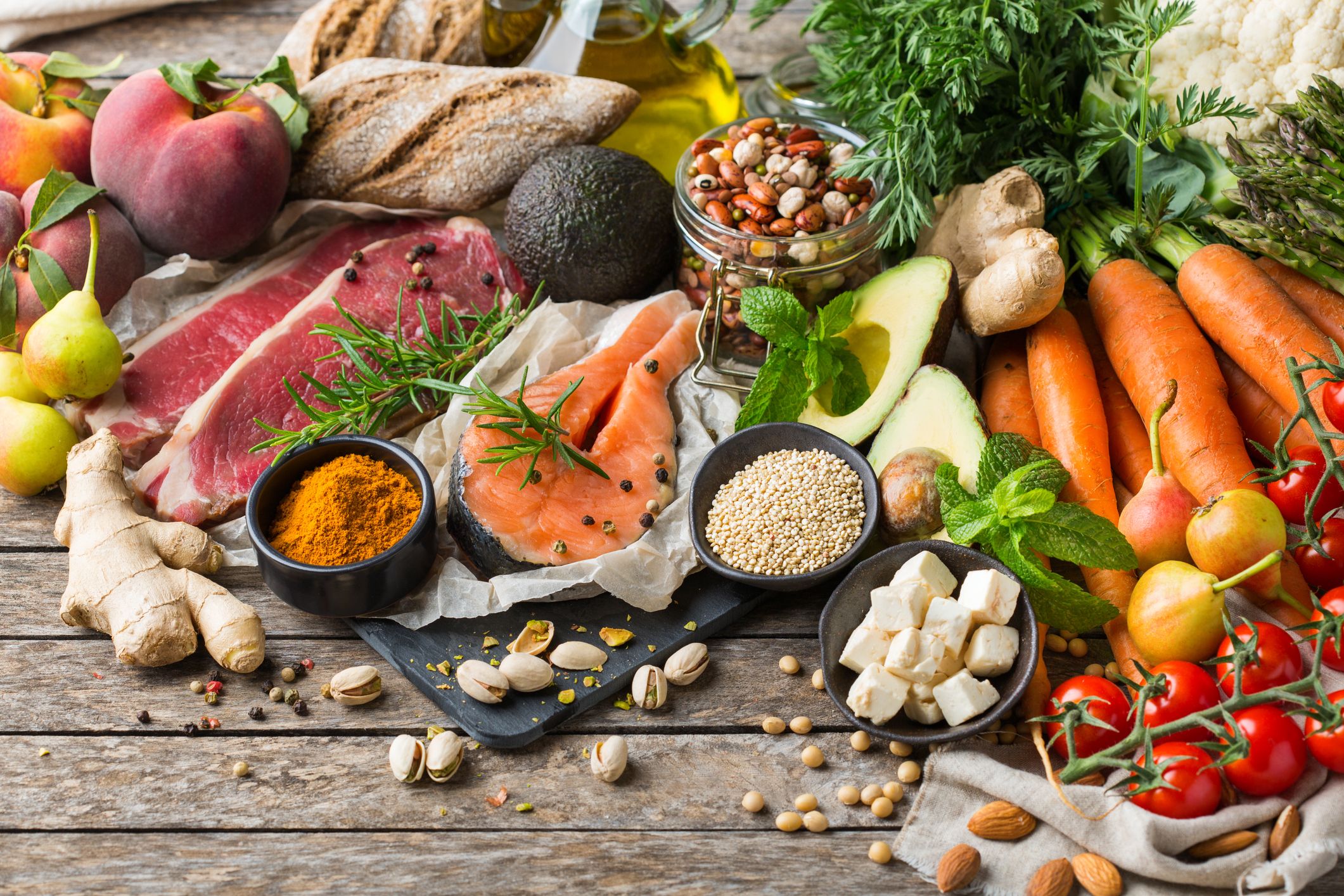
This “partly” vegetarian diet is the most flexible of all. Individuals who are slowly shifting to the world where meat is canceled, start by being flexitarians. This type of diet is mostly “plant-based” which means that plant foods is the star of every meal. In addition, you can incorporate red and white meat, fish and shellfish, dairy products, and eggs whenever you feel like having some. Since this diet pattern is less strict, you can make adjustments on the food you eat.
Veganism Overview
Now, to the more serious type of vegetarian. Veganism is considered the least flexible and stricter form of vegetarianism. Vegans follow a diet pattern that does not include consumption of red and white meat, fish and shellfish, dairy products, and eggs. The Vegan Society further defines this diet as “a way of living, which seeks to exclude, as far as is possible and practicable, all forms of exploitation of and cruelty to animals for food, clothing, or any other purpose.”
Did you just say clothing? Yep. Vegans are not only concerned about the food they eat but they also try to avoid the human use of animals. According to Medical News Today, these includes the following products:
- leather goods
- wool
- silk
- beeswax
- soaps, candles, and other products that contain animal fats, such as tallow
- latex products that contain casein, which comes from milk proteins
- cosmetics or other products that manufacturers test on animals
Types of Vegan Diet
Just like the vegetarian diet, veganism also follow different kinds of diet pattern depending on the individual’s choice and purpose. Check out some types of vegan diet below from Healthline.
Whole – food Vegan Diet

This type of vegan diet focuses on consuming whole fruits, vegetables, grains, nuts, and legumes. A whole-food plant based diet should also avoid any type of refined and processed food.
Raw – food Vegan Diet
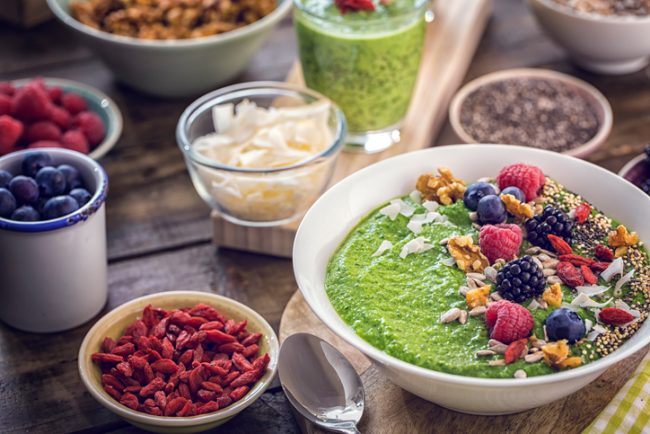
From the term itself, this diet pattern includes vegan food that have not been cooked beyond 118 degrees Fahrenheit (48°C). According to an article published last 2013 in the Permanente Journal, raw – food vegan diet “means all of the foods you consume will be either cold or lukewarm and served in their natural state — no steaming, roasting, or sautéing is allowed”.
80/10/10
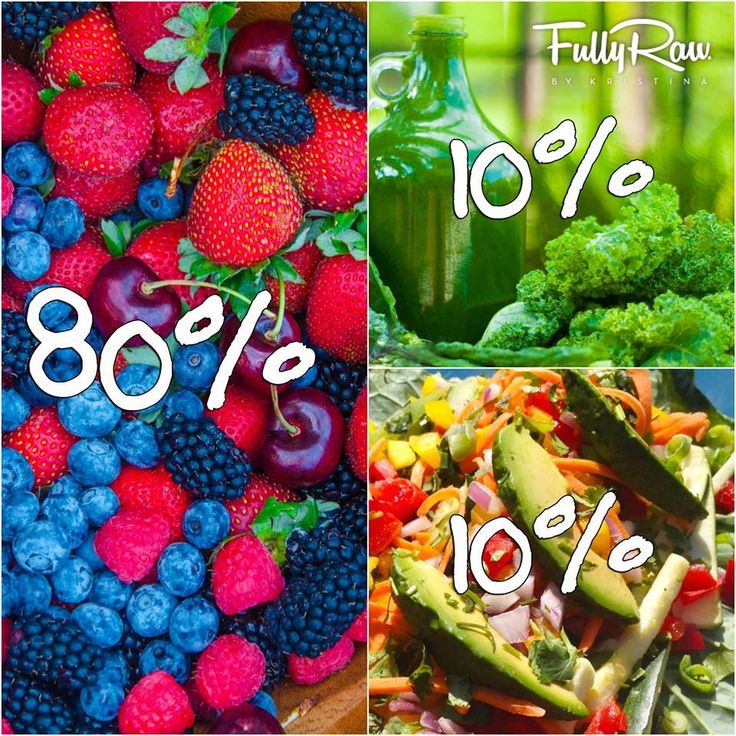
The 80/10/10 diet has been around for quite some time now. The reason behind the numbers is that 80% of the calories will come from carbohydrates, 10% of the calories from protein, and 10% of the calories from fats. This raw – food vegan diet lessens the consumption of fats such as avocados, nuts, and seeds. On the other hand it focuses more on vegetables and sweet fruits.
Starch Solution

This low fat and low sugar diet consists of 70% starch, 20% vegetables, and 10% fruits. The starch solution is similar to the 80/10/10 except that this focuses on food rich in starch such as potatoes, rice, and corn.
Raw till 4

This is not about waking up until 4 am, okay? Raw till 4 is a known vegan diet wherein raw food are consumed until 4 in the afternoon. When dinner comes, you can opt for a cooked plant-based dinner or just continue with the raw food. Your choice.
Lifestyle Change
Whenever we encounter vegetarian and vegan, the usual questions we throw at them is “why the change in diet?”. I mean, fried chicken and steak are so good (especially with a glass of red wine or chocolate shake). We grew up eating whatever is on our plate. We don’t usually think much on how the main ingredients (meat or chicken for this matter) are produced. So, when it is grocery time, we just grab that pack of bacon or pork ribs and prepare a delicious meal out of those.
If this is how most people act, vegetarians and vegans are those who consider several factors on why they decided to go plant-based.
Animals Deserve To Live

If humans have the right to their life, so does animals. We look at farm animals such as chicken, pig, and cows as our source of food. However, people on plant-based diet believe that consuming animals to satisfy our needs for food is unfair. They recognize animals having emotions and feelings like those of humans. So, taking their life for us to live is unreasonable considering that we can get the nutrients they have from plants.
For vegans in particular, they don’t just believe that consuming meat products is enough. Even eggs, dairy products, and other animal byproducts should be canceled as well. Contrary to what people know that no animals are put in danger when eggs and dairy products are produced is a lie. In fact, the delicious hard boiled eggs and yogurt we love to eat on a daily basis caused tremendous suffering and exploitation from the animals.
The average wild chicken only produces 12-20 eggs every year. However, due to the increase demand of eggs in stores, farms and factories usually genetically manipulate them to produce 250-300 eggs per year. Aside from this, chickens are not even given a proper home. They are confined in small cages all the time and are not given enough food and care.
Similarly, cows also experience being abused just so enough milk can be taken from them. Once the mothers give birth to their child, dairy farms will take away the offspring so they can get the milk intended for them. Female cows spend months away in a cage without observing the motherly nurturing that their babies need. Furthermore, male cows are also slaughtered for veal or for cheap beef.
Address World Hunger
When someone shifts into a vegan lifestyle, not only are they saving animals but people as well. It takes tons of crops, water, and other resources to maintain a healthy animal. Imagine if all these piles of grain are instead given to people, there is more than enough to feed every starving person out there.
According to studies conducted by PETA, around 13 pounds of grain is used to produce just 1 pound of animal flesh. In addition, every vegan saves an estimate of 724,925 gallons of water per person every year. Malnutrition affects 870 million people worldwide and 2.5 million deaths of children below 5 years old because of hunger. Imagine if everyone can shift into a lifestyle that relies on plant-based food. How many lives will you be able to save every year?
Improve Your Health
Health is wealth. It is no denying that ever since we are young our parents always tell us to eat vegetables and fruits to keep our bodies healthy. The thing is, our parents were never wrong on this one. Consuming plant-based diet have been proven countless times to satisfy our cravings and also fuel us with enough nutrients such as protein, fiber, and minerals.
According to the Academy of Nutrition and Dietetics, vegans have less chances of developing health problems such as heart diseases, cancer, diabetes, and high blood pressure. Furthermore, a study published in the American Journal of Cardiology showed that a low-fat vegetarian diet reduces “bad” cholesterol by 16% whereas a vegan diet reduces around 33%.
Did you also know that meat are carriers of many diseases especially those that are consumed uncooked? Some of these are: E-coli from ground beef, BSE (Bovine Spongiform Encephalitis) from beef cattle, Trichonosis from pork, Salmonella from poultry, and Scrapie from lamb and mutton. Meat consumption have also been linked to cause more people to acquire major diseases such as cancer, type 2 diabetes, stroke, infections, etc. A study reported by the British Medical Journal revealed that those who consume read meat have 26% more chances of dying from the aforementioned diseases.
Weight Loss

Changing your diet and lifestyle to vegetarian and vegan have also been proven to contribute to weight loss. Studies show that vegan people have thinner bodies and lower BMI compared to non-vegan individuals. Furthermore, meat and dairy products are already fatty. Although when taken in moderation, this does not really contribute a lot in gaining weight. However, people who are in a plant-based diet have rich intake of fiber which aids in metabolism and weight loss.
Animal products don’t have carbs content but are instead loaded with fats. This kind of fat have more calories compared and are easier converted to body fat compared to the calories from carbohydrates. Vegan diet can cause weight loss but if one won’t consume healthy options and undergo caloric deficit, it will be hard to take off that extra fat.
Now after reading everything you need to know about the vegetarian and vegan diet, are you interested to shift into this one? While most people look at vegetarian as a diet, vegan is considered a lifestyle. It will take a lot of effort and adjustment to take your eyes and mouth off meat dishes. Still, if you are really decided to change how you eat and live, being a vegetarian or vegan is a good option. Before going on this diet, remember to consult your doctor and dietitian first.
